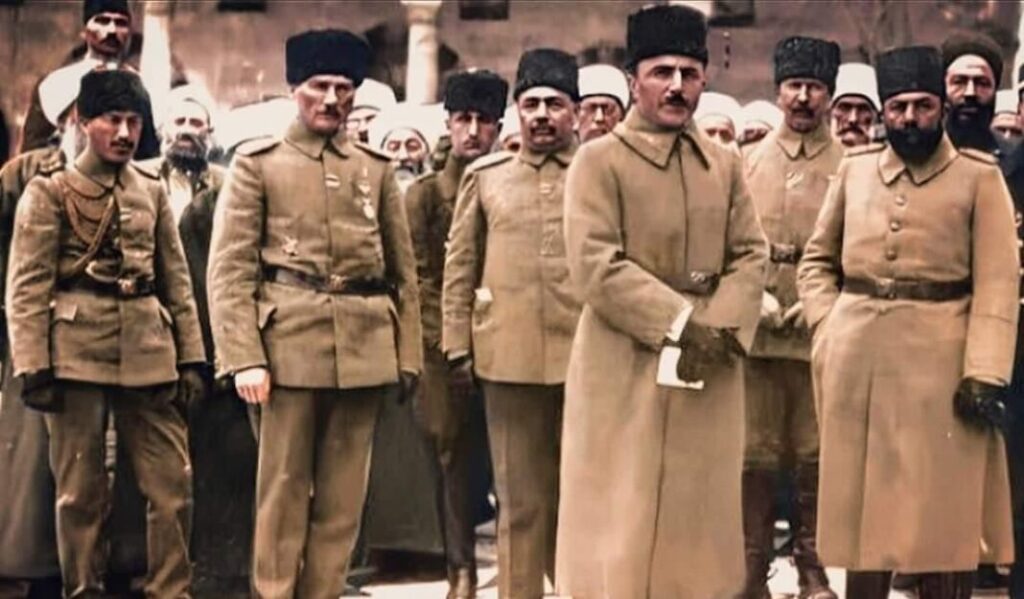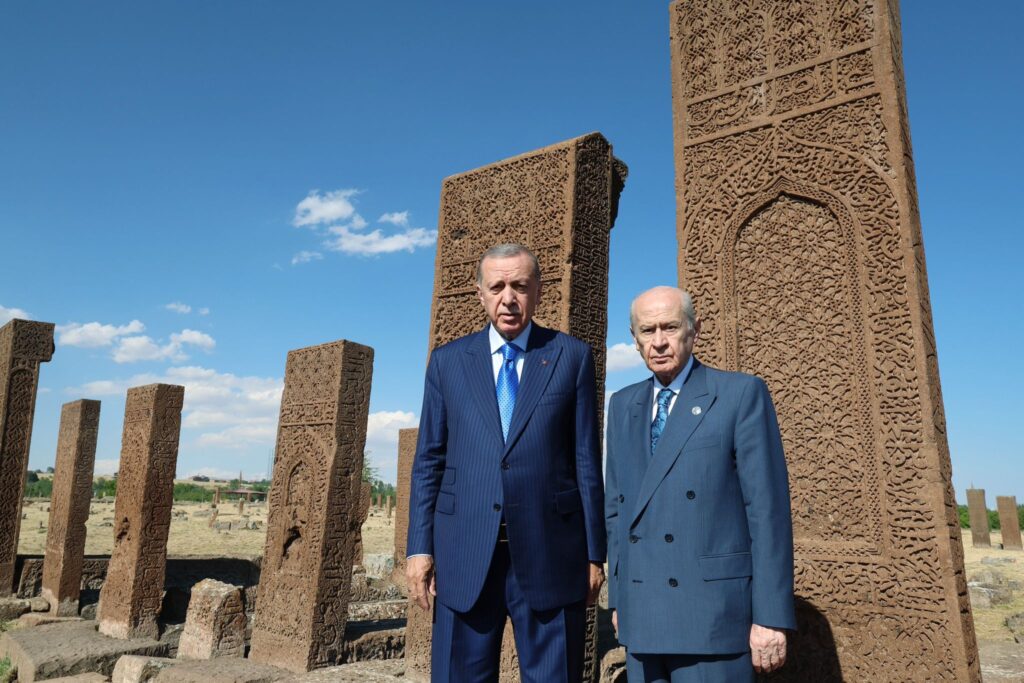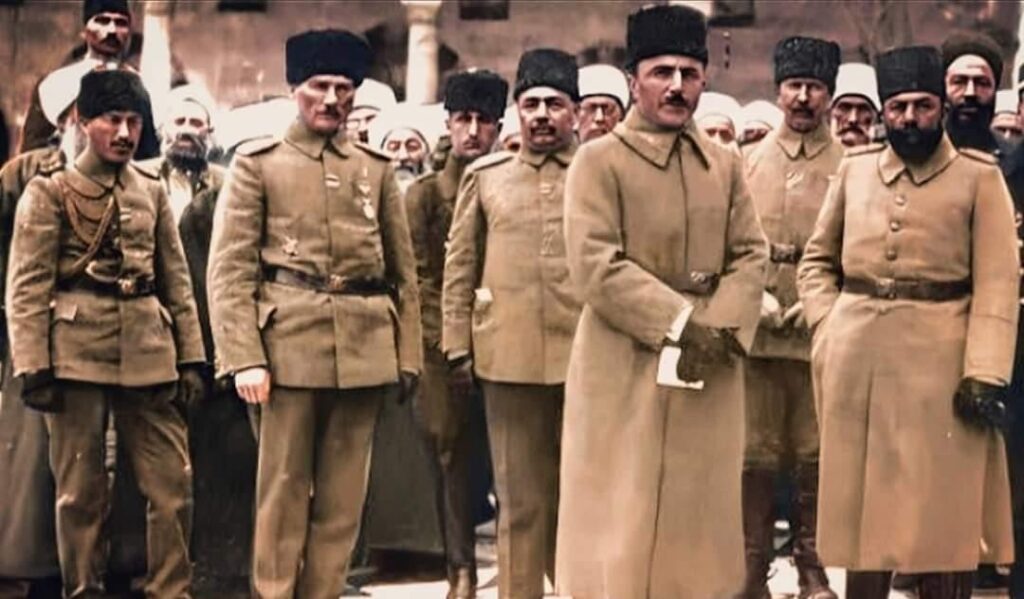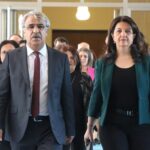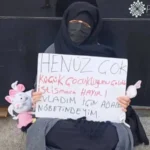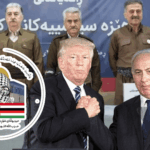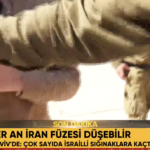Before the Nov. 1 elections, Peoples' Democratic Party (HDP) Co-Chair Selahattin Demirtaş was arguing that their seats in Parliament would increase to 100. According to him, the atmosphere of conflict would solidify Kurdish votes for the HDP, and their votes would also increase in the West of the country due to opposition towards the Justice and Development Party (AK Party). When the HDP's deputies declined from 80 to 59 after the elections, party members began to assert that the conflict atmosphere benefited the AK Party and the government is maintaining the war solely for this purpose. The other HDP co-chair, Figen Yüksekdağ, explained why the HDP lost votes in the region: "The people were not ready for self-governance yet." In other words, they were thinking that submitting the administration to illegal youth groups who were digging ditches and setting up barricades in municipalities its regional affiliate party govern meant self-governance. They apparently assumed that people would begin to support their way when they grow "mature". Another striking statement came from the PKK leadership in Northern Iraq's Qandil Mountains. PKK leader Cemil Bayık said: "The HDP would have received only 5 percent without us," asserting that the HDP would not have survived without a conflict atmosphere.
How can these ridiculous statements be explained? Can these people be so blind not to even know Kurds? Or are they experiencing a psychological crisis that prevents their objectivity in the political equation? Maybe it is nothing but a clumsy effort to cover up their own failure and open a new sphere for themselves. For now, the PKK leadership and the HDP are busy putting the blame on each other for their failures in an indirect way.
However, they designed this path of failure together with self-assurance. The main strategy was aimed at leaving the AK Party alone in the reconciliation process. In this way, the responsibility of hampering the process would be shouldered by the government and maximalist Kurdish politics would appear legitimate. However, the AK Party was the only political actor determined to resolve the problem and a position opposing the AK Party was difficult to understand among Kurds. At this point, they embraced the discourse suggesting that the government developed fascist tendencies and that President Recep Tayyip Erdoğan wants to be a dictator. As long as they could represent the AK Party as illegitimate, it was legitimate for them to leave the AK Party alone and struggle against it.
Then Demirtaş's famous slogan appeared: "We won't let Erdoğan be president." The HDP assumed it would receive votes from AK Party dissidents through this slogan. The message was clear, the PKK and the HDP would no longer engage in any joint action with the AK Party. The aim was to make the AK Party in need of the Republican People's Party (CHP) and the Nationalist Movement Party (MHP) and strengthen Kurdish separatism in this way since it is evident that joint action with the MHP or the CHP cannot resolve the Kurdish question. In this process, the conflicts would grow more, so far as it was obvious that a resolution to the reconciliation process was not possible, which would make the PKK leadership the main and only addressee.
Consequently, it can be argued that the recent year's strategy was to render the PKK a legitimate addressee and turn the HDP directly into a wing dependent on the PKK. One target of this strategy was to decrease the relative function of the PKK's imprisoned leader Abdullah Öcalan. Despite all messages of support, it was apparent that the PKK leadership was not pleased with Öcalan's position. It was thought that he could not create genuine policies since he was imprisoned and his point of view was too much Turkey-indexed. But according to the PKK leadership in Northern Iraq, a new track was opened before them and the PKK achieved what Öcalan could not achieve for years in one step. This new track was Rojava. The PKK wanted the outbreak of war in Turkey so that it could reinforce its position in Syria. In order to represent the war as legitimate, it hampered the reconciliation process by leaving the AK Party alone at the table. They thought that Kurds could be mobilized to join the war in such a case.
But they were mistaken, and Kurds behaved much more sensibly and realistically and sided with legitimacy more than the PKK had thought.
Yazıyı beğendiysen, patronumuz olur musun?
Evet, çok ciddi bir teklif bu. Patronumuz yok. Sahibimiz kar amacı gütmeyen bir dernek. Bizi okuyorsan, memnunsan ve devam etmesini istiyorsan, artık boş olan patron koltuğuna geçmen lazım.
Serbestiyet; Türkiye'nin gri alanı. Siyah ve beyazlar içinde bu gri alanı korumalıyız. Herkese bir gün gri alanlar lazım olur.




